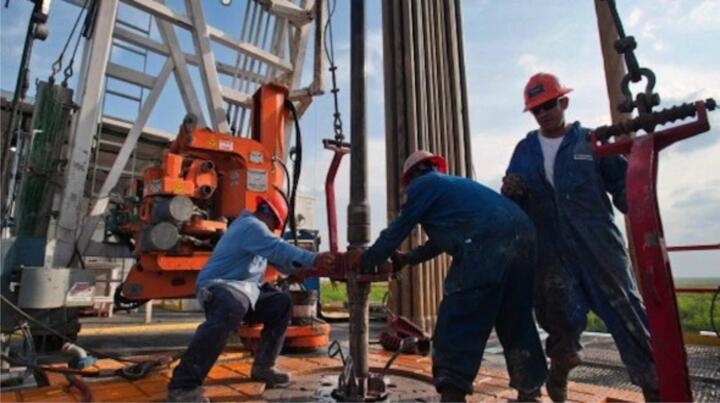Ian Thom, the Upstream Research Director at Wood Mackenzie, recently spoke at the African Energy Week event in Cape Town, South Africa. He discussed the potential challenges facing major oil producers in Africa, including Nigeria, Angola, and Egypt, as the decade progresses. Thom highlighted the fact that traditional oil production hubs across the continent are likely to struggle to offset declining production at mature assets.
He also emphasized a global trend that prioritizes advantaged resources, which could impact higher-cost and higher-emitting assets in Africa, underlining the importance of strategic planning and sustainable development in the African oil and gas sector.
Thom’s insights indicate that the future of oil production in Africa is at a crossroads. The global upstream trend is increasingly centered on advantaged resources, and this focus is expected to have repercussions for higher-cost and higher-emission assets on the continent. However, there may still be opportunities for growth through reserve expansion and new discoveries, as evidenced by TotalEnergies’ recent find in Nigeria and successful deepwater exploration in Namibia, which can lead to strong investment prospects.

African Energy Week’s October 2022 State of African Energy report, a valuable resource for understanding the continent’s energy landscape, provides further insight into the shifting production dynamics in Africa. The report suggests that Libya, Chad, and Egypt are poised for substantial production increases from 2022 to 2030. In contrast, Nigeria, Ghana, Algeria, and South Sudan are expected to witness declines in production over the same period.
Looking to the future, Thom underscored the significance of the ongoing $800 billion capital expenditure (capex) program in the African upstream oil and gas sector. This sizable investment is set to reshape the industry, with liquefied natural gas (LNG) emerging as a major investment theme alongside traditional deepwater oil. The 20-year investment cycle, initiated in 2010, is projected to reach its peak by the end of the decade, driven by the implementation of world-scale LNG projects in Mozambique and the adoption of floating LNG (FLNG) technology in five countries.
Africa has already established itself as a global leader in floating LNG, boasting over 50% of the world’s capacity, and there is room for further growth. Thom highlighted that with Africa’s abundant gas resources, the continent is actively exploring opportunities to harness and develop gas for both domestic consumption and export markets. Currently, Africa’s LNG exports stand at just over 40 million tons per annum (mmtpa), and numerous LNG projects in Sub-Saharan Africa are in various stages of development. Notable projects include bp’s Tortue FLNG, located offshore from Senegal and Mauritania, which is set to come online next year.
Furthermore, it is essential to mention the upcoming UTM Offshore floating LNG project in Nigeria, which represents a significant development in the country’s energy sector. Additionally, the collaboration between Golar LNG and NNPCL on an FLNG project in Nigeria demonstrates the growing importance of LNG in Africa’s energy landscape.
In conclusion, Ian Thom’s insights at the African Energy Week event shed light on the challenges and opportunities facing major oil producers in Africa. While some countries are expected to experience production increases, others may face declines. The energy sector in Africa is undergoing significant transformation, with LNG becoming a prominent investment theme, and the continent is actively exploring its abundant gas resources for both domestic use and export. Africa’s role as a global leader in floating LNG is set to expand further, with several projects on the horizon, highlighting the region’s growing importance in the global energy industry.
Support InfoStride News' Credible Journalism: Only credible journalism can guarantee a fair, accountable and transparent society, including democracy and government. It involves a lot of efforts and money. We need your support. Click here to Donate
